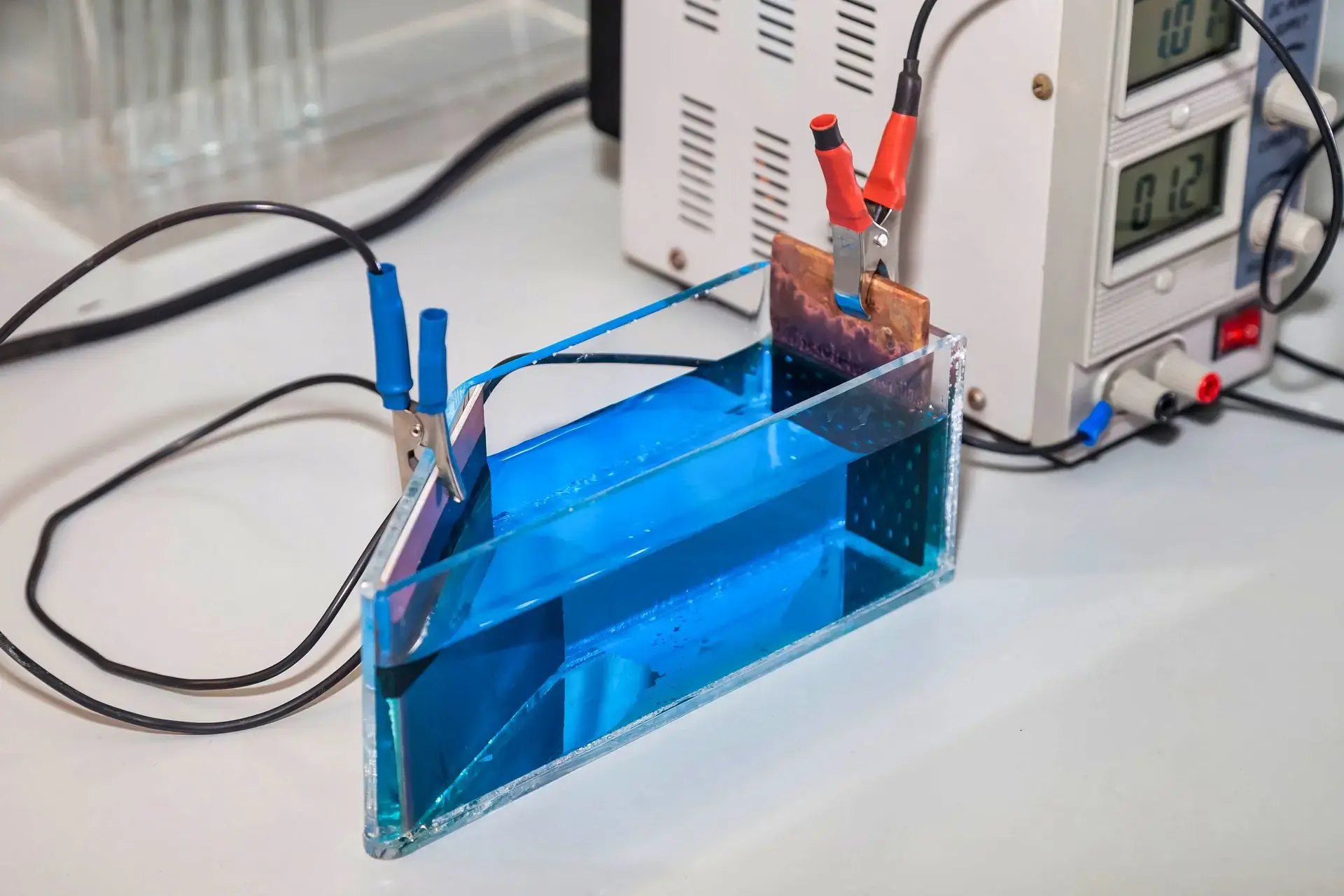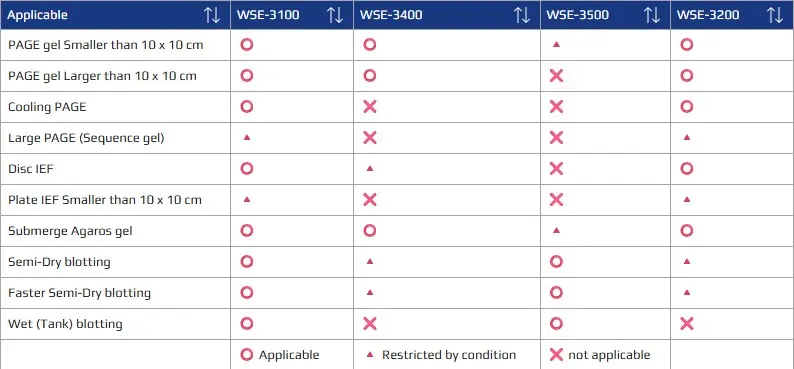An electrophoresis power supply is a critical component in molecular biology and biochemistry laboratories, providing the necessary electrical power to drive the separation of biomolecules such as proteins and nucleic acids through a gel matrix.
⚡ Key Features of Electrophoresis Power Supplies
- Adjustable Output Parameters: These power supplies offer precise control over voltage, current, and power settings, allowing users to optimize conditions for various electrophoresis techniques, including SDS-PAGE, native PAGE, and DNA/RNA electrophoresis.
Multiple Operating Modes: Advanced models feature multiple operating modes such as constant voltage, constant current, and constant power, providing flexibility to meet specific experimental requirements.


Safety Features
Built-in safety mechanisms, including overcurrent protection and automatic shutoff, ensure safe operation and protect both the equipment and users.

User-Friendly Interface
Modern power supplies are equipped with intuitive interfaces, often featuring digital displays and touchscreens, for easy monitoring and adjustment of settings.

Compact and Durable Design
Designed to withstand the rigors of laboratory environments, these power supplies are both compact and robust, conserving valuable workspace while ensuring reliable performance.


